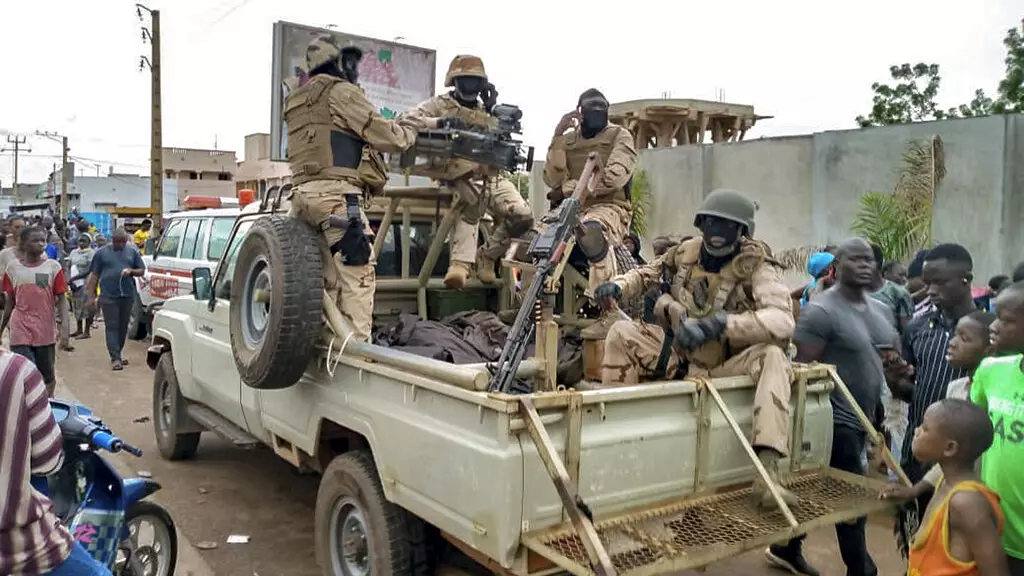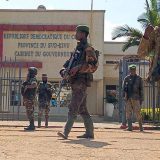According to a report by UN specialists reviewed by AFP on Friday, the Malian army and “white soldiers” were responsible for the killings of 33 civilians, including 29 Mauritanians and four Malians in Mali.
These citizens vanished on March 5 in Robinet El Ataye, in the Segou district close to the Mauritanian border, sparking outrage in both Mali and Mauritania.
In this border region, Nouakchott charged the Malian army of committing “repeated illegal acts” against Mauritanian citizens. Nothing implicated its army, according to Bamako.
The findings of a joint probe between the two nations had not yet been made public as of early August.
The latter are members of the paramilitary Wagner organization, which has been serving with the Malian military since January, said a diplomat in New York. While Moscow claims it has nothing to do with this company present in Mali on a “commercial basis,” Bamako disputes the existence of mercenaries by citing the presence of “instructors.”
According to the allegation, “a number of white soldiers” arrived in Robinet El Ataye, a village where Malian and Mauritanian herders frequently go in search of pasture, about 8.30am (local and GMT), on March 5.
The males, including youngsters, were “picked up by the military, who tied their hands behind their backs and blindfolded them.”
The women and children were instructed to go home and not look while “they were then herded into the centre of the hamlet,” the Group claimed, adding that it was unable to witness the scene but had gathered multiple testimonials.
Then, the deployed soldiers “emptied the homes of all belongings, including clothing, jewelry, blankets, mobile phones, and kitchen utensils.”
The text adds, “A group of FAMas,” or Malian Armed Forces, “arrived in the village” at 11 a.m. The blindfolded men were “begun to be beaten” with “the sticks used by shepherds on their sheep.”
The Group notes that because they were confined within their homes, “the women could only hear the cries of the males who were being thrashed.” After releasing some of the younger men, the FAMAS abducted 33 males, including 29 Mauritanians and four Malians (Tuareg).
The women waited for the men to return to the village after the military left at 2:00 p.m. a waste. The victims were found the following day by family members four kilometers from Robinet El-Ataye, according to the experts.
The text ends, “They had been shot, and then burned.”
Although no one was killed, the Panel mentions a “similar pattern of theft and violence” in five other communities in the region between March 5 and 6. Witnesses mentioned “a chopper conveying the ‘white-skinned soldiers'” in two of them.
The Group observes that the Mauritanian authorities, who had access to the village throughout the work of the joint commission of enquiry, as well as the Malian authorities, purportedly handed over the eleven bodies discovered at Robinet El Ataye to their families.
The military court in Bamako had also declared the start of an investigation in addition to this commission. Despite this, the military, now in control in Mali following two coups in August 2020 and May 2021, has maintained that the Malian army was not responsible for these disappearances.
Since the beginning of the year, the Malian army has engaged in multiple military operations to “hunt down” jihadist organizations in the central Mali provinces of Segou and Mopti. NGOs have accused its soldiers of mistreatment on numerous occasions.





